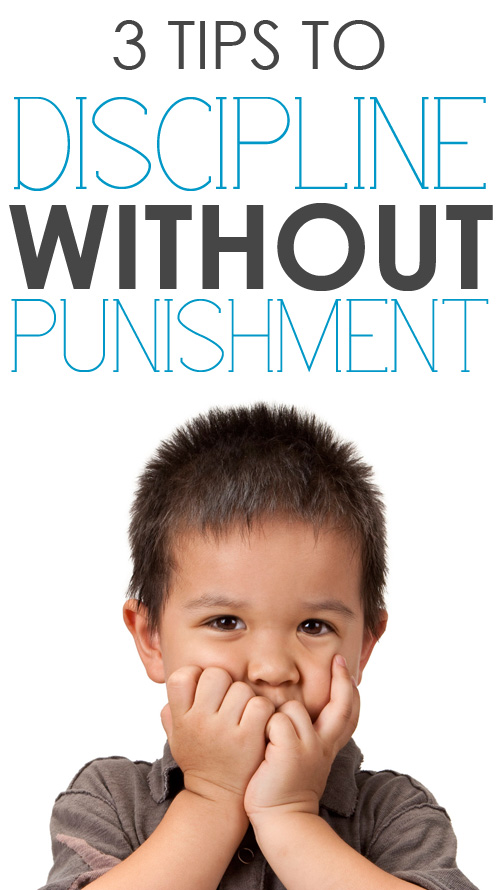
culled from:positiveparentingsolutions.com
1. Fill the Attention Basket
Kids need attention, plain and simple. If we don’t keep that “attention basket” full with positive attention, kids will seek out any attention they can get – even negative attention. They’ll push our buttons with negative behaviors because to a kid, even negative attention is better that no attention at all. This doesn’t mean you have to be at your child’s side 24-7 – just taking a few minutes a day to spend one-on-one with your child, distraction-free and doing something they want to do, will reap immense rewards in their behavior.
Take 10 minutes once or twice a day with each child playing a game they’ve picked or reading their favorite book. Let the phone ring. Stick the cell phone in the closet. When you fill your children’s attention baskets positively and proactively, your kids will become more cooperative and less likely to seek out attention in negative ways. Life is busy for everyone, and finding extra time in the day may be daunting at first, but think of this as an investment in your relationship with your children and in improving their behavior. When it comes to knowing how to discipline your child, giving them what they need to avoid poor behaviors in the first place can have a great impact.
2. Take Time for Training
As you think about how to discipline your child, it’s important to remember that the word discipline is rooted in meanings of learning and teaching. The best way to discipline your child is to help her make better choices. You can role play the behaviors, using a calm voice. “I’d really like to play with that tractor when you’re done.” “I’d like a snack, please.” Switch roles and pretend you’re the child, and let your little one direct you through making better choices. Be encouraging when they do make the right choices. “I see you worked hard to clean up the playroom all on your own! That’s such a big help. I really appreciate it.” “Thank you for sharing the book with your brother. How kind!”
3. Set Limits and Stick to Them
Kids thrive when they have structure and know their boundaries. Don’t go overboard with hundreds of rules, but focus on what’s most important for your family. Be clear about the ground rules and what happens when someone breaks the rules – make sure that everyone understands the consequences ahead of time and that the discipline is related to the misbehavior. If they forget to put away their dishes after dinner, they have to load and unload the dishwasher. Cleaning their room because they didn’t do their homework isn’t related. Most importantly, be consistent. Follow through every time with the agreed-upon consequence when kids push the rules.
 RSS Feed
RSS Feed Twitter
Twitter

 09:03
09:03
 Executive Republic
Executive Republic
 Posted in
Posted in
0 comments:
Post a Comment